Credit Cards
What is the difference between a secured and unsecured credit card
Read on and find out what the difference between secured and unsecured credit cards is.
Advertisement
Learn the key differences and similarities and decide which one is the best for you

If you have been shopping around for credit cards, especially if you have less-than-perfect credit, you have probably come across a number of cards titled secured credit cards and unsecured credit cards.
As usual, financial terminology is not always clear, and you must do a little digging to understand what secured and unsecured cards are and how they work.
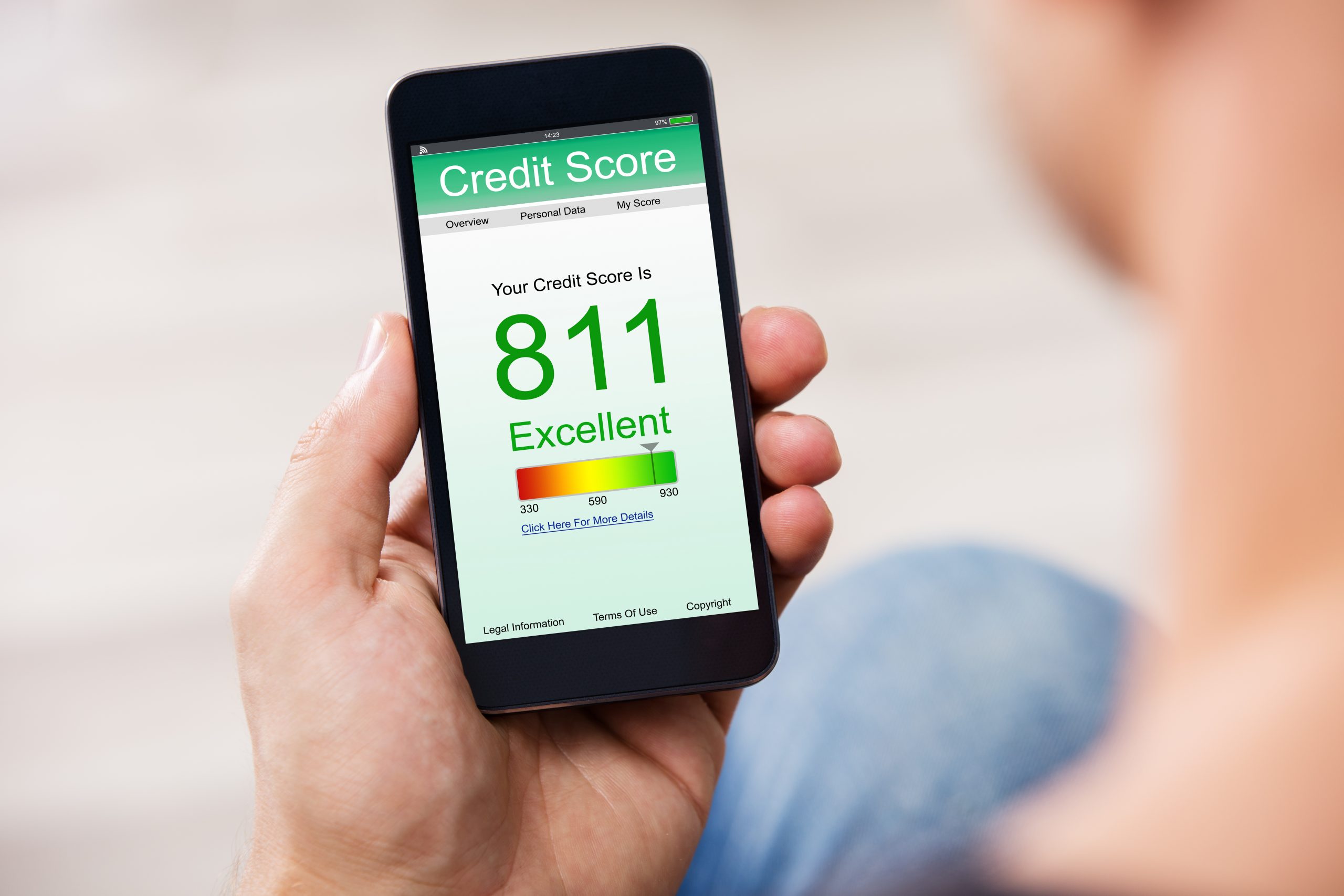
How to get an 800 credit score
Learn how to get an 800-point credit score and gain access to the best credit card and loan offers available in the market.
Both of these types of cards have a lot in common. However, there are a few key differences that can make one or the other more suitable for your needs.
So if you are on a quest to find out which one is the best option for you, you have come to the right place. Keep reading and understand what each of these types of cards is about.
Understanding secured credit cards

It is called secured because you have to make a minimum security deposit. This deposit serves the purpose of offsetting risk on the part of the credit card issuer.
Most people who apply for secured credit cards have either damaged credit or no credit history at all.
This represents a risk to credit card companies, and therefore they need some form of security to be able to provide the service.
Security deposits for secured credit cards typically start at $200, but it may be higher or lower depending on the card. This deposit is totally refundable.
Let’s say you wish to move from a secured to an unsecured card, you can withdraw your security deposit. Same thing if you decide to close your account, as long as your balance has been paid off in full.
There is no difference between secured cards and unsecured cards when it comes to the ways you can use it.
Unsecured cards work pretty much like any other card, including the fact that you will incur interest charges if you carry a balance month to month.
Your credit limit, however, is not usually calculated based on your creditworthiness or income.
Rather, it is common practice for credit card companies to provide a credit limit equal to the customer’s security deposit.
However, some secured credit cards may offer a higher credit limit after you make a certain number of monthly payments on time, with no additional security deposit.
You will be redirected to another website
By submitting this form, I agree that I am 18+ years old and I agree to the Privacy Policy and Terms and Conditions. I also provide my signature giving express consent to receive marketing communications via automated emails, SMS or MMS text messages and other forms of communication regarding financial products such as credit card and loans. Message frequency varies and represents our good faith effort to reach you regarding your inquiry. Message and data rates may apply. Text HELP for help or text STOP to cancel. I understand that my consent to receive communications is not a condition of purchase and I may revoke my consent at any time.
Understanding unsecured credit cards
This one is easy to understand. The main difference between secured and unsecured credit cards is the existence or not of a security deposit. Unsecured cards do not require such deposits.
This means unsecured cards represent a greater risk to issuers. For this reason, this type of card usually requires applicants to have at least an average credit score.
However, the best unsecured cards typically require good or excellent credit.
Yes, you can get an unsecured credit card even if you have bad credit. However, these offers are much rarer, and the ones you will find probably charge extremely high fees.
Secured credit cards work like this

Pretty much like any unsecured credit card. It is that simple. You can use them anywhere sellers accept credit cards, and that includes online purchases.
You will get your bill monthly which you must pay with money other than that of your security deposit.
If you are late on your payments, you will pay interest on your balance. Also, secured credit cards report to major credit bureaus just like any other card.
So focusing on making on-time payments will help you improve your credit score.
Secured credit cards may come with an annual fee, so expect that. However, if you are looking at an offer that has an annual fee over $50, go look somewhere else.
That is too high an annual fee, even for someone with bad credit. Also, there are no-annual-fee options in the market which you should definitely consider.
Differences among secured credit cards
Although all secured credit cards share the same mechanics, they are not all the same. To illustrate that, we have selected a few examples of secured credit cards for you to compare their different features.
Capital One Platinum Secured
This credit card usually requires a $200 minimum deposit. However, depending on the result of the issuer’s assessment of applicants, it may be possible to get a $200 credit limit with a $49 or $99 deposit.
Different from most secured cards, this one allows you to make your deposit in installments.
Plus, it charges no annual fee, and if you make on-time payments, you may be able to get a credit increase with no additional deposit.
Discover it® Secured
After seven months of using this card, the issuer will automatically review your account for an update to an unsecured card.
It also offers 2% cash back on up to $1,000 you spend quarterly at restaurants and gas stations. You will also earn 1% cash back on all other purchases.
This card requires a $200 minimum deposit, but you can deposit up to a cap of $2,500. It also does not charge an annual fee.
You can read more about this card and its application process at the following link.
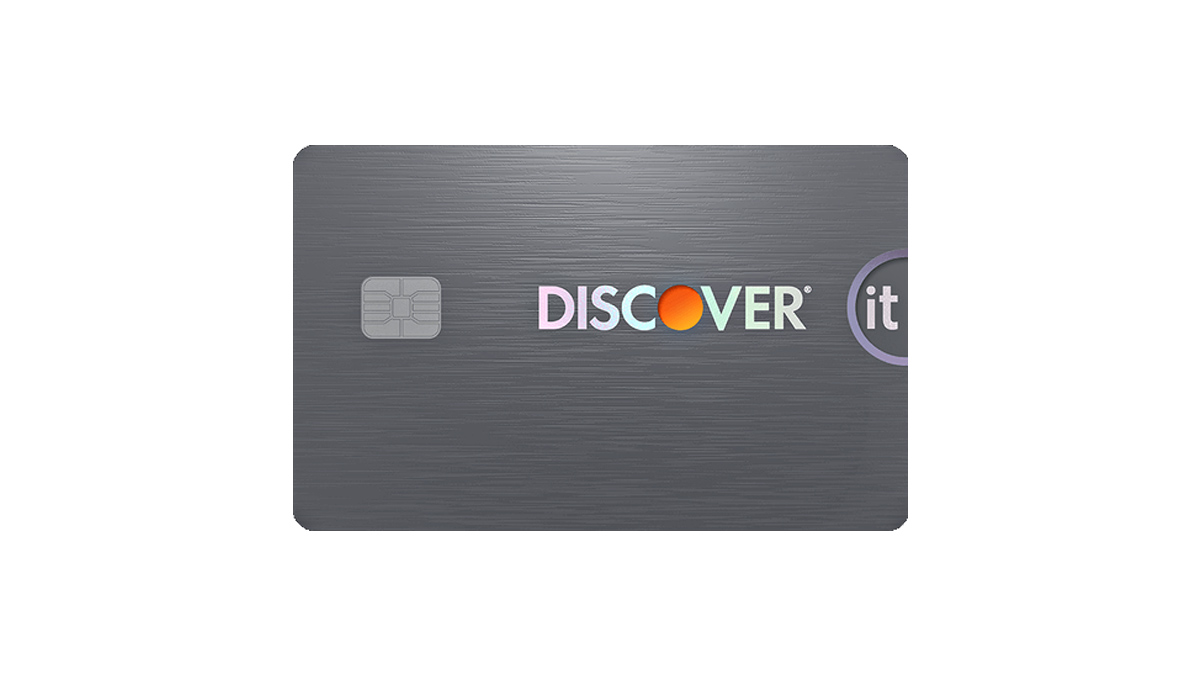
Discover it® Secured Credit Card review
With no annual fee, the Discover it® Secured Credit Card is a great way to start building your credit history. Earn rewards on every purchase and double your rewards.
Capital One Quicksilver Secured Cash Rewards
This card offers you the same rewards the unsecured Quicksilver card does: 1.5% cash back on all purchases. Mind you, the unsecured Quicksilver is meant for people with good to excellent credit.
The minimum deposit is $200, and the maximum ranges from $1,000 to $3,000. This card also does not charge an annual fee.
Check the full review we’ve made about this card on the following.
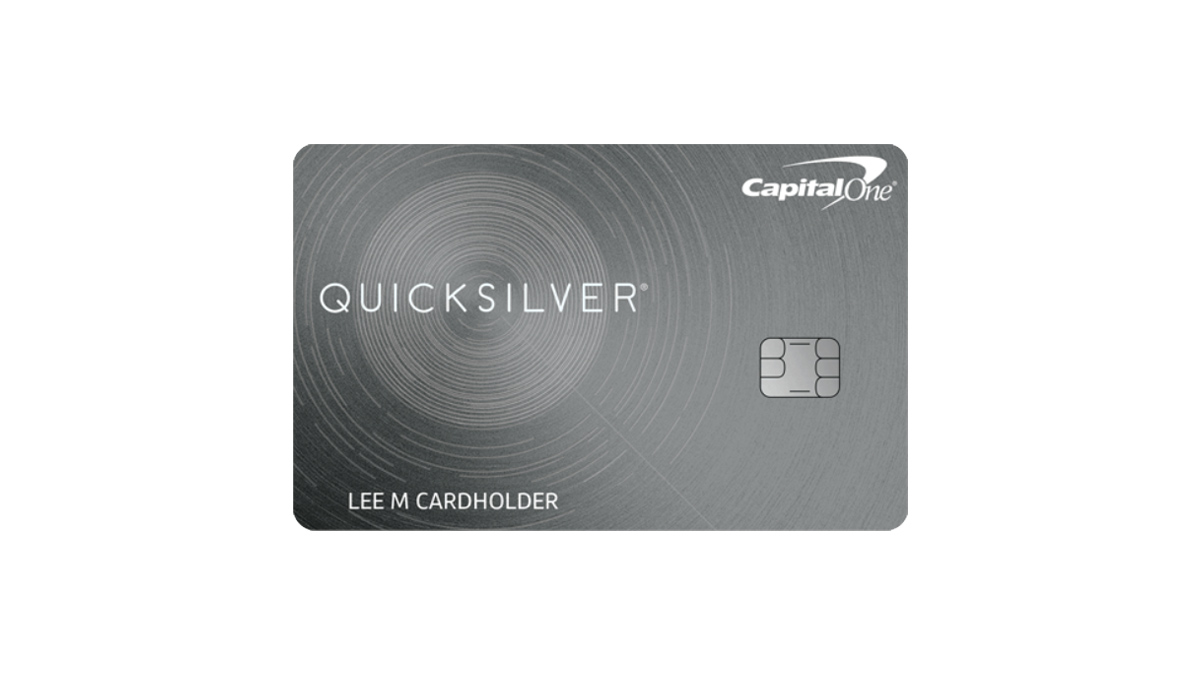
Capital One Quicksilver Secured Cash Rewards
Find out everything you need to know about the Capital One Quicksilver Secured Cash Rewards Credit Card, including a breakdown of its key features, pros and cons.
OpenSky® Secured Visa®
This card does not offer rewards or upgrades, but it does come with a nice convenience: no credit checks. So if you have badly damaged credit, you can still qualify.
Even if you have been rejected for other secured cards, you can still qualify for this one. However, easy access does come at its own cost. This card charges a $35 annual fee.
It is a high fee, but if you have been rejected for other cards, this could help you get your foot in the credit door. The minimum deposit it requires is $200, and the maximum deposit is $3,000.
Are you interested in getting this credit card? The following content will give you more info about its features and how to apply for it.
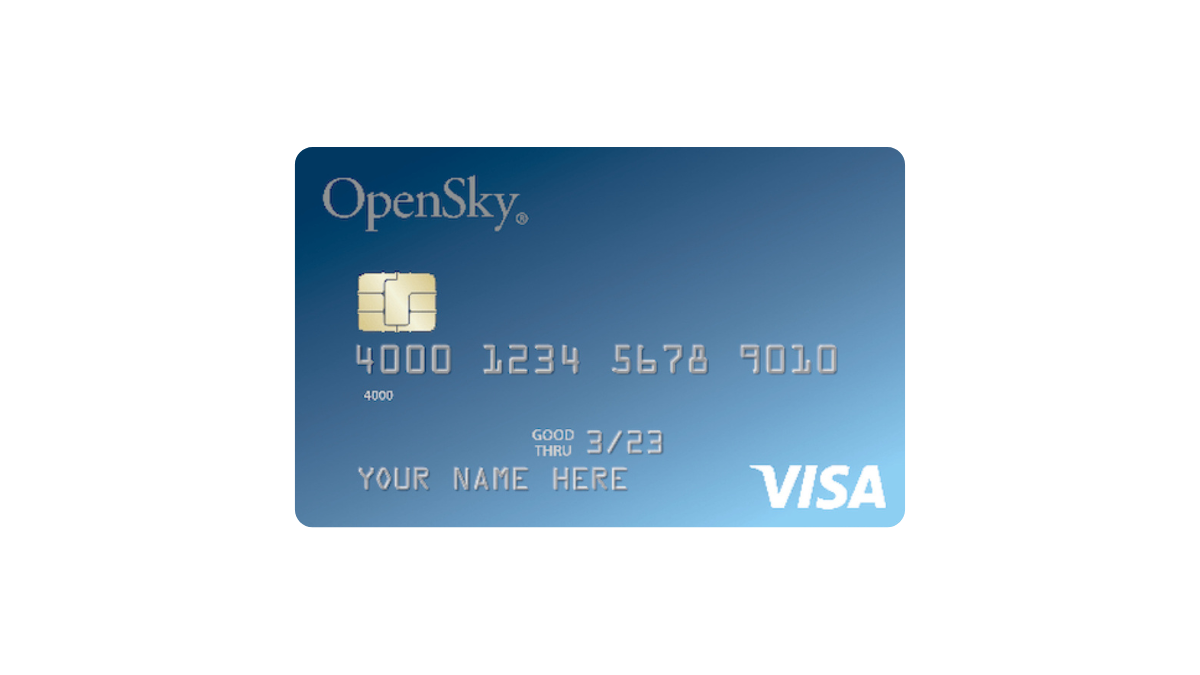
OpenSky® Secured Visa® credit card review
This card will give you the best opportunity to rebuild your score. And if has a special condition for approvement. Read on to learn more.
And what about prepaid cards?
among the many different types of credit cards, we have secured and unsecured credit cards we cover in this post. But there are also prepaid cards. Do you what it is?
Prepaid cards work differently than secured and unsecured credit cards. You can even give one to your teenage children if you want to.
Read the following content to find out if a prepaid card is what you’re actually looking for.
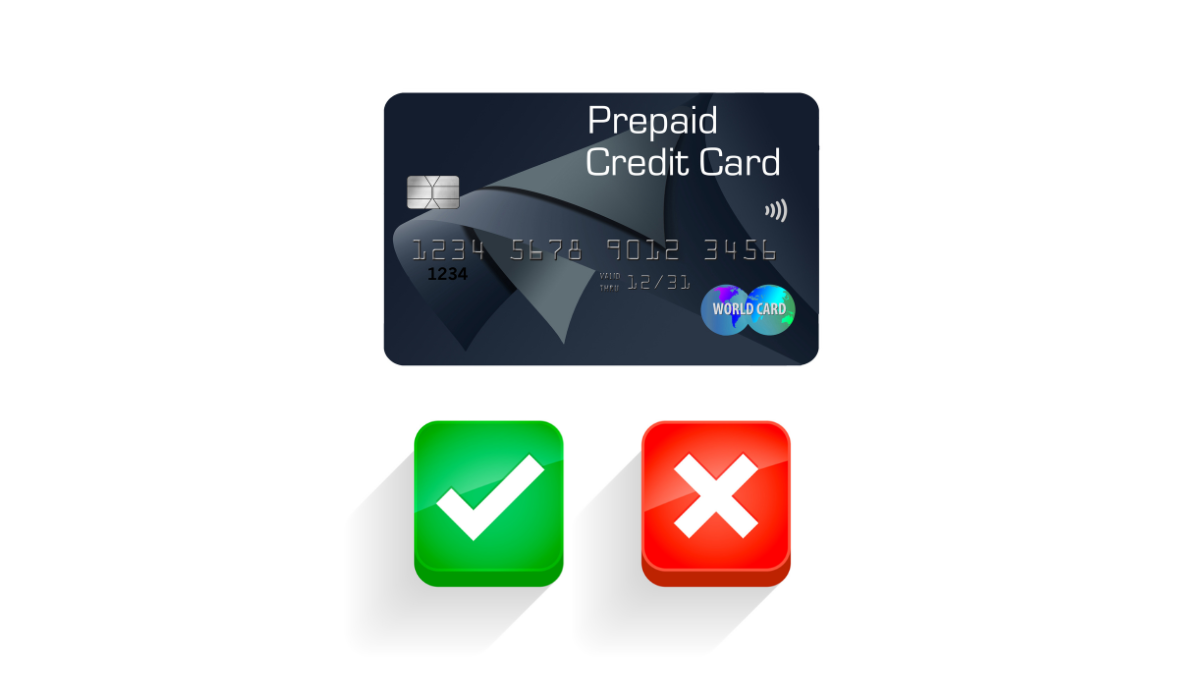
Are prepaid cards the best option for you?
In this article you will learn the answer to the question: Are prepaid cards the best option for you? Read it and find out!
About the author / Danilo Pereira
Trending Topics
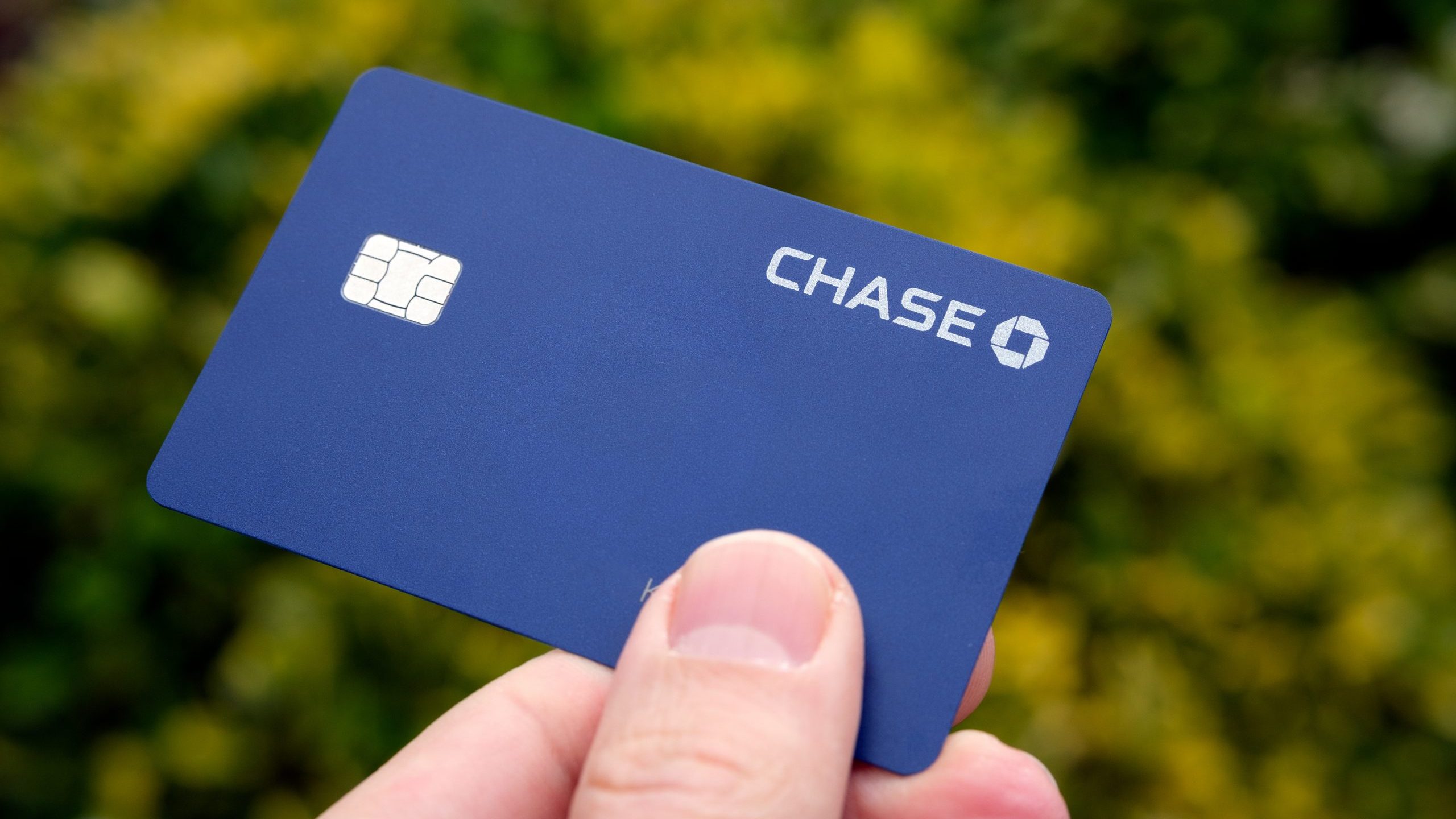
What are the best Chase credit cards?
Compare the best Chase credit cards and find the right one for your specific financial needs. Get great rewards and bonuses with these cards!
Keep Reading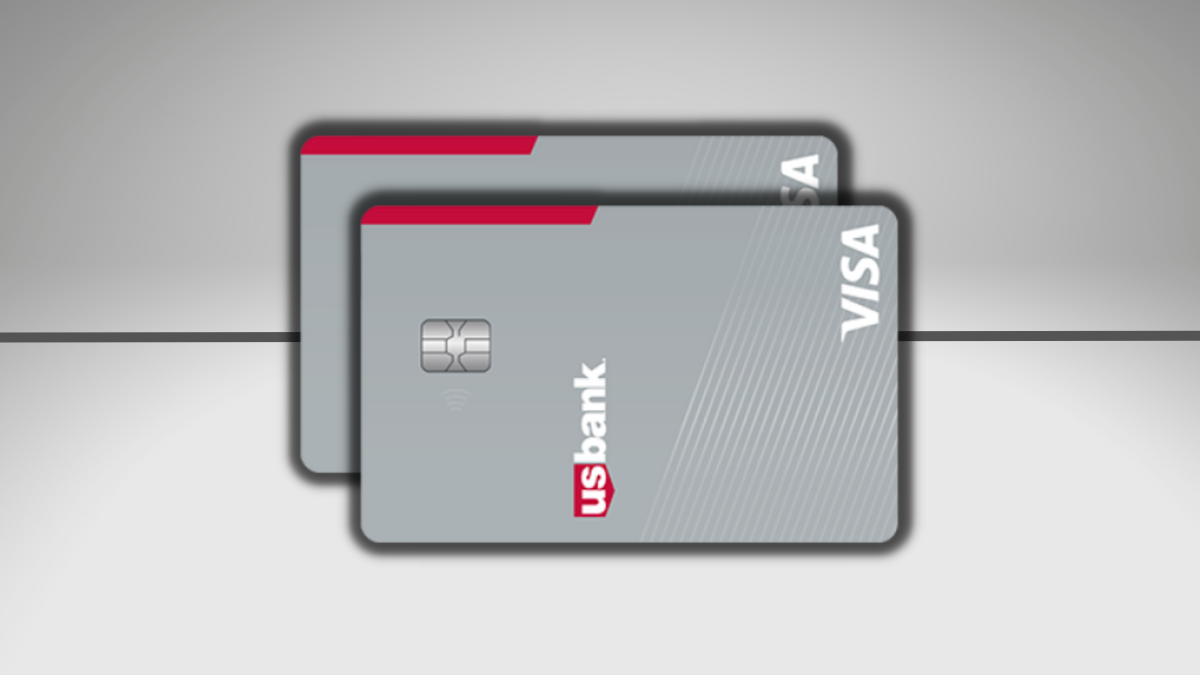
US Bank Secured Visa® Credit Card review
Check our US Bank Secured Visa® Credit Card review to learn how you can build and establish a healthier credit score for yourself!
Keep Reading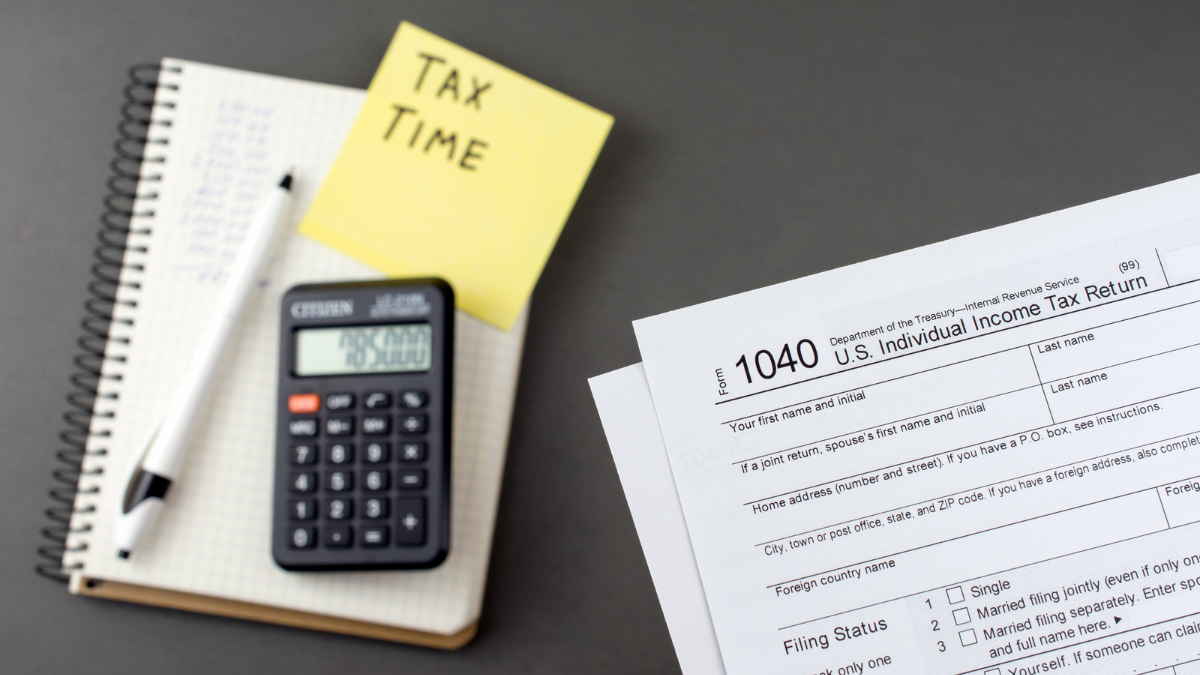
What is an ITIN? A guide to who gets one & why
Understanding taxes can be a daunting task, so we have prepared this article to help you with an important aspect of it: what an ITIN is.
Keep ReadingYou may also like
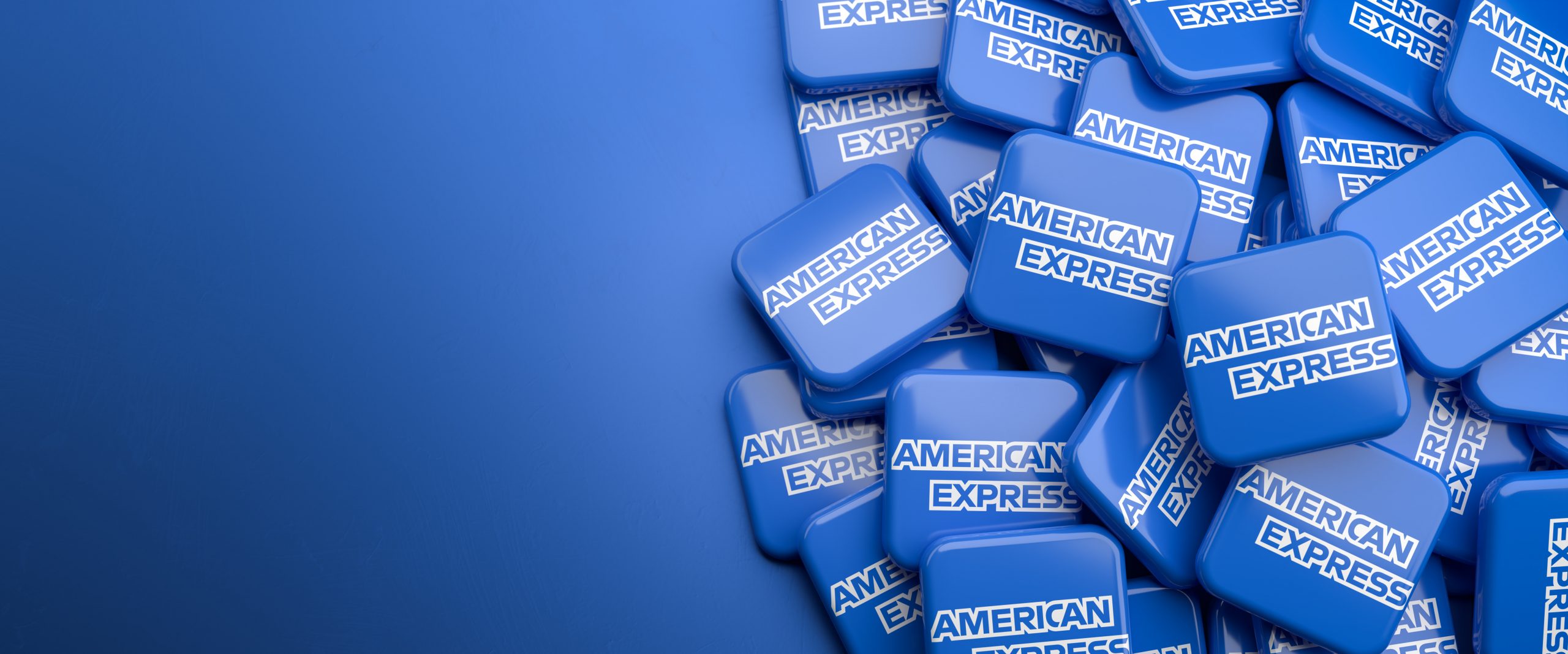
American Express® High Yield Savings Account application
Opening an American Express® High Yield Savings Account will take you only a couple of minutes, and you'll enjoy the benefits for sure.
Keep Reading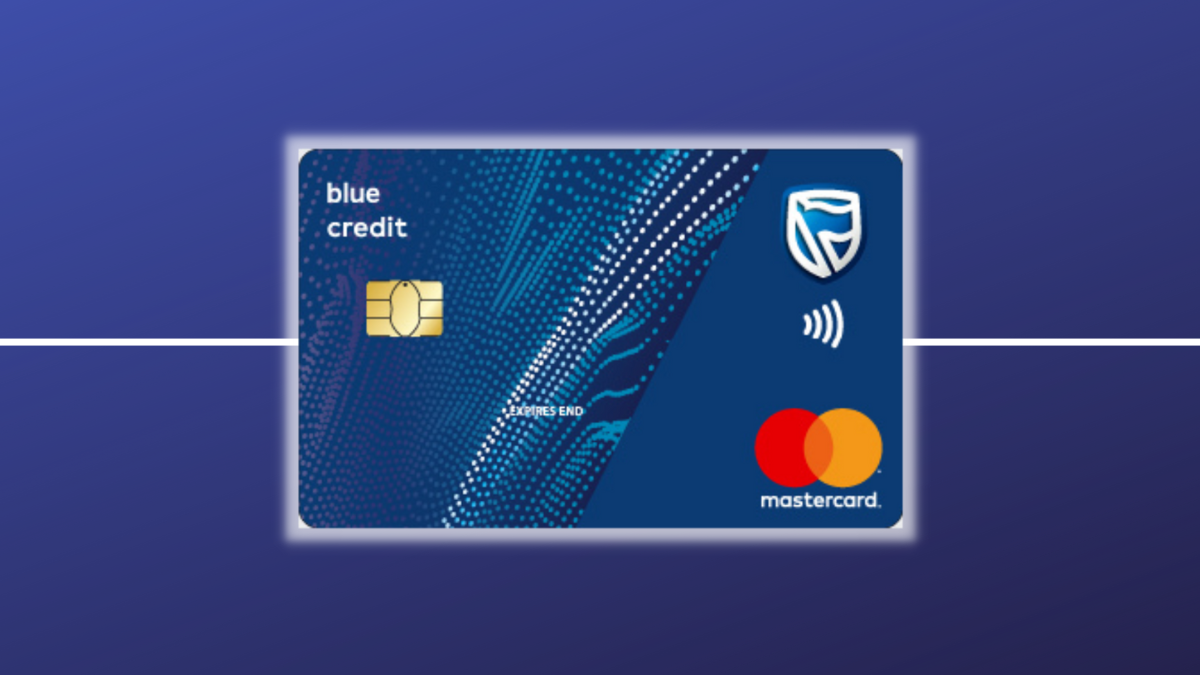
How to get your Standard Bank Blue Credit Card
In this Standard Bank Blue Credit Card application guide you are going to learn how to get this card with personalized interest rates.
Keep Reading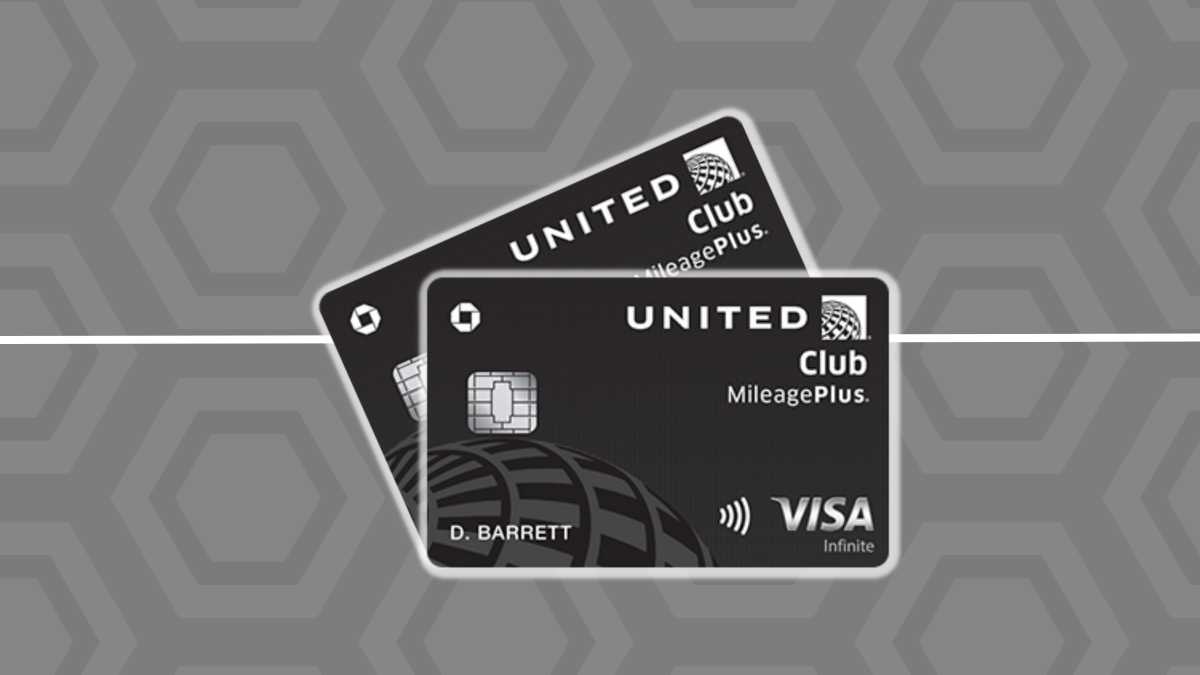
United Club℠ Infinite Card review: Earn rewards and enjoy luxury perks
If you're looking for high rewards, lounge access, and travel perks, have a look at this United Club℠ Infinite Card review.
Keep Reading